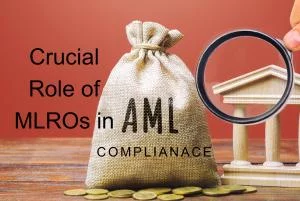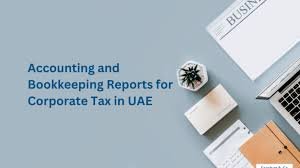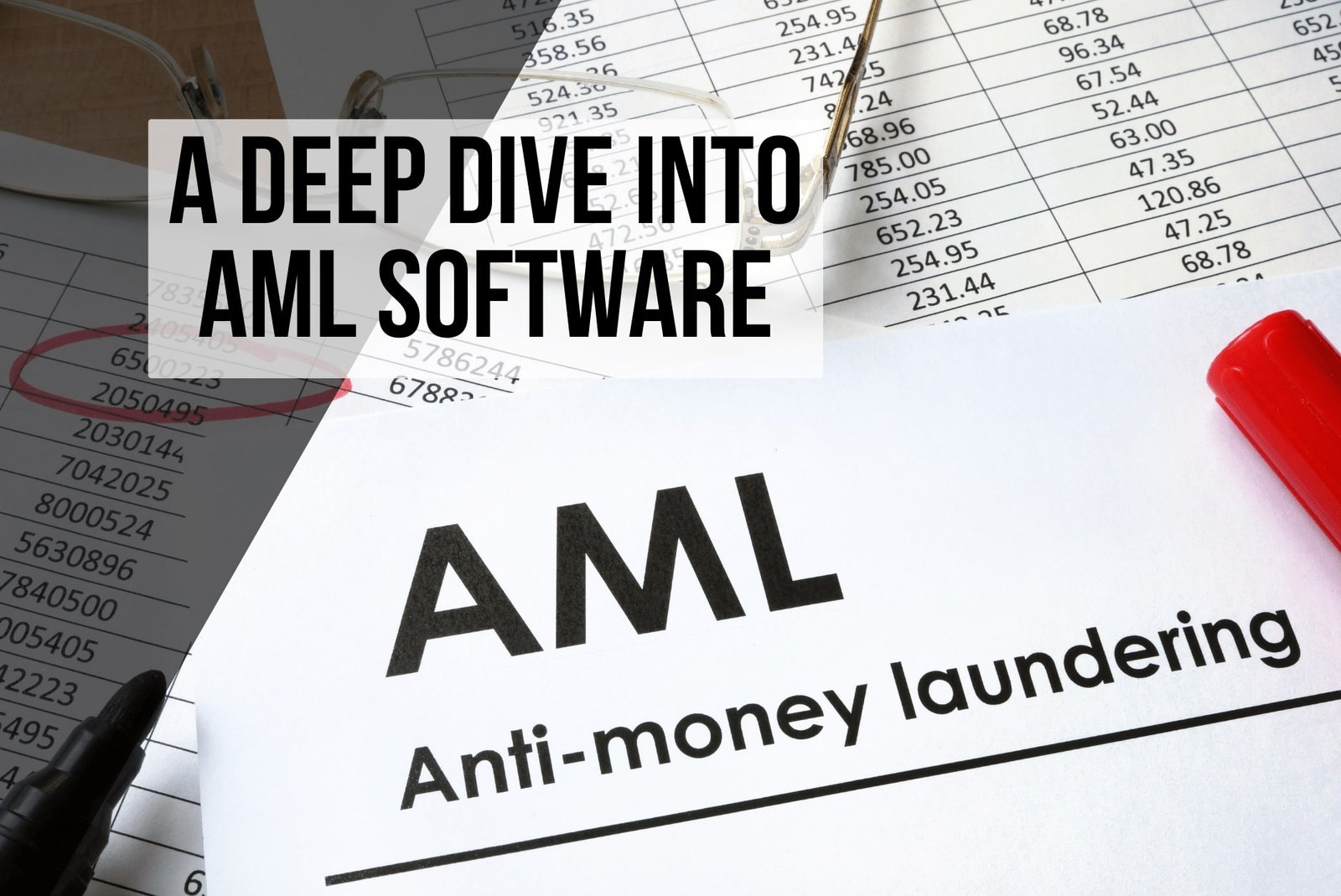In an ever-evolving world of finance and international trade, the United Arab Emirates (UAE) has established itself as a global economic hub. With its rapidly growing financial sector and a surge in cross-border transactions, it becomes imperative to maintain a robust financial ecosystem. This is where the MLROs, or Money Laundering Reporting Officers ( MLRO Services in the UAE ) , step into the limelight.
Let’s explore the critical role of MLROs in ensuring Anti-Money Laundering (AML) compliance within the UAE, following its stringent laws and regulations.
Understanding AML Compliance
Before diving into the responsibilities of MLROs, it’s crucial to grasp the concept of AML compliance. AML has a set of laws, regulations, and certain procedures designed to prevent criminals from disguising illegally obtained funds as legitimate income. AML regulations are in place to safeguard the financial system’s integrity and protect against financial crimes, such as money laundering and terrorist financing.
The Importance of MLRO Services in the UAE
Money laundering has a significant threat to the UAE’s financial stability and reputation on the global stage. UAE authorities have established stringent AML laws and regulations to combat this menace. Here’s where MLROs come into play:
- Regulatory Compliance: MLROs ensure financial institutions, including banks, exchange houses, and other entities, adhere to the UAE’s AML laws. They are pivotal in implementing and maintaining AML policies and procedures within these organizations.
- Risk Assessment: MLROs assess the risks associated with clients, transactions, and business activities. Identifying and evaluating these risks helps institutions tailor their AML strategies effectively. MLROs may use data analysis and technology, including transaction monitoring systems and AI tools, to help identify suspicious patterns and behaviors more effectively.
- Suspicious Activity Reporting: They are the first line of defense against money laundering and suspicious transactions. They monitor transactions and customer behavior for red flags and promptly report any unusual or suspicious activity or suspicious transactions to relevant authorities and other reports like Fund Freeze Report (FFR) or Partial Name Match Report (FNMR), High-Risk Country Report or High-Risk Country Transaction Report (HRC), High-Risk Country Activity Report (HRCA)
- Employee Training: Ensuring that employees are aware of AML regulations is crucial. MLROs are responsible for training staff and keeping them up to date with the latest AML developments and compliance requirements.
- Internal Reporting and Communication: MLROs liaise with senior management and the board of directors to provide regular updates on AML compliance efforts. They may also communicate with various departments to address AML-related issues and provide guidance. MLROs prepare the annual or semi-annual AML returns to be sent to senior management for their review before submitting the same with the regulators.
- Customer Due Diligence (CDD): MLROs oversee the implementation of CDD measures, including collection and verification of KYC (Know Your Customer) documents, and ongoing monitoring. They ensure that the organization knows its customers and can identify unusual or suspicious behavior.
- Communication with Regulatory Authorities: MLROs also act as intermediaries between financial institutions and regulatory authorities. They facilitate communication and cooperation during AML investigations.
- Record keeping: MLROs oversee the maintenance of records related to customer transactions, CDD, and suspicious transaction activity reports and other related documents. These records are crucial for audits and regulatory inspections.
- Risk Mitigation and Remediation: If vulnerabilities or weaknesses in the AML program are identified, MLROs work to implement corrective actions and enhance the program’s effectiveness.
In the UAE’s relentless pursuit of financial integrity, MLROs are vigilant against money laundering and illicit financial activities. Their role is indispensable in ensuring AML compliance and upholding the UAE’s reputation as a global financial center.
As the financial landscape evolves, MLROs will continue to adapt and innovate to combat emerging threats. Their dedication to AML compliance makes them the unsung heroes of the UAE’s financial security.
In a world where financial crime knows no borders, the role of MLROs remains crucial in safeguarding the UAE’s financial ecosystem and maintaining its reputation as a safe and secure destination for international business.













